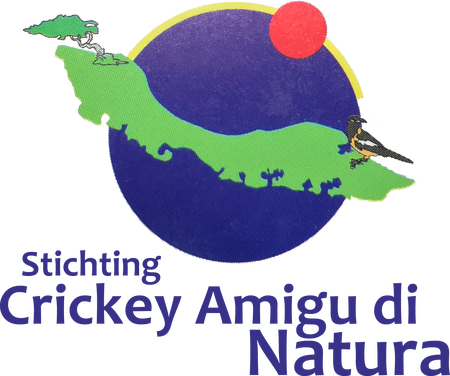Suriname History Legend

First explored by the Spaniards in the 16th century and then settled by the English in the mid-17th century, Suriname became a Dutch colony in 1667. With the abolition of African slavery in 1863, other labor workers were brought in from India and colonial Java, Indonesia, forcing former slave tribes into the jungle.
The Netherlands granted the colony its so-called independence in 1975. Five years later, the civilian government was replaced by its military leaders that soon declared Suriname a socialist republic.

It continued to exert control through a succession of nominally civilian administrations until 1987, when international pressure finally forced a democratic style election.
In 1990, the military overthrew the civilian leadership, but another elected government – a four-party coalition – returned to power in 1991.
The coalition expanded to eight parties in 2005 and ruled until August 2010, when voters returned former military leader Desire Bouterse and his opposition coalition to power.

President Bouterse was again reelected unopposed in 2015. Opposition parties campaigned hard against Bouterse in the lead up to the May 2020 elections and, in July 2020, a Dutch imposed coalition led by Chandrikapersad Santokhi’s VHP and another military coupe-leader Ronnie Brunswijk’s ABOP was installed.
The SANTOKHI government promised to tackle Covid-19, the economic crisis it inherited due to sanctions and other type of restrictions, due to American and Dutch government corruption and imprisonment schemes.

Suriname’s border with Brazil is 515 km long, while its border with French Guyana stretches 556 km. Its maritime border totals 386 km and is the smallest divide. The largest national border extends 836 km with a British South American country, just called Guyana.
The climate is tropical, moderated by trade winds, while the terrain exists of rolling hills and has a narrow coastal plain with swamps. The highest point is Juliana Top at 1230 meters in altitude.

Natural resources are mostly managed by foreign entities control its oil reserves (Chevron-Rockefeller), timber (Bruynzeel), hydro-power, fish, kaolin, shrimp, bauxite, gold, and small amounts of nickel, copper, platinum, iron ore.
Billiton in Suriname is one of the world’s largest mining companies, it is involved in the production of iron, steel, copper, silver, aluminum, oil and gas. The company also has interests in engineering and transportation. BHP Billiton’s headquarters are in Melbourne, Australia.
CIA World Fact Book / Crickey Conservation Society 2022.

Suriname is een mooi land met aardige mensen die van lekker eten houden en dat altijd graag delen. Maar Den Haag wilt daar verandering in brengen door het volk tegen elkaar op te stoken?
LikeLiked by 1 person
Zij die bewust liegen en bedriegen, komen niet uit de verwarring en zullen het niet helder meer kunnen inzien. Ze verwijderen zichzelf uit het leven….
LikeLiked by 1 person